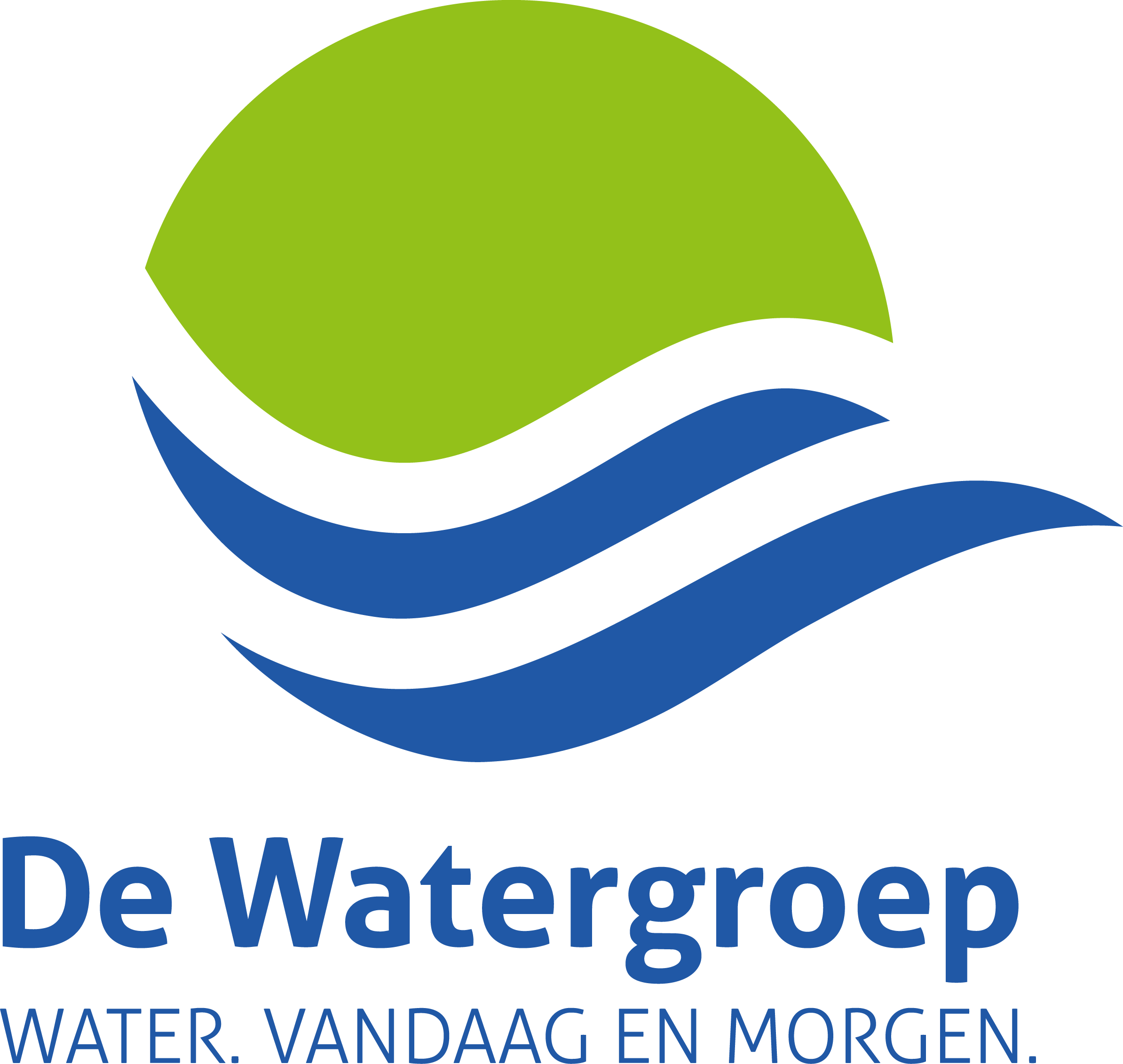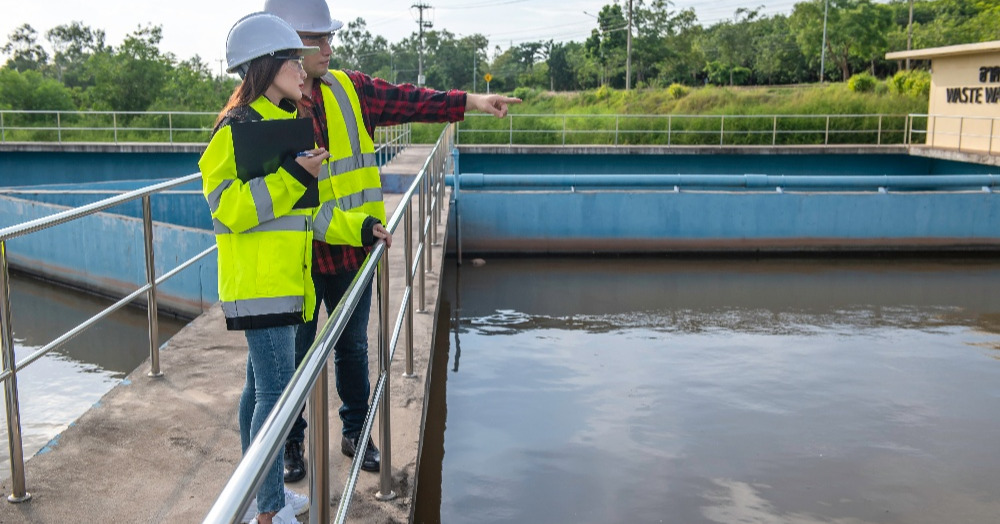Strategic challenge
To better decide and justify which innovation projects De Watergroep will effectively implement, the Research and Development team wanted to develop a transparent method for prioritising and valuing project proposals. A key point in developing this method was that the non-financial benefits of the proposed projects should also be included in the valuation.
Approach
Through a series of stakeholder interviews and by conducting an external benchmark, Möbius not only obtained a good understanding of the current situation and existing methods for prioritising and valuing innovation projects, but also of De Watergroep's needs, opportunities and expectations. Based on these acquired insights, Möbius was able to set the outlines for the new prioritisation method.
During a number of interactive working sessions, the different criteria, the methodology and the process for prioritisation and valuation were concretised. The weights for the different criteria were determined using a Maxdiff scaling. In this type of questionnaire, participants are presented with specific selections from a total of items to be evaluated, each time selecting their favourite and least favourite item. From all the interviewees' responses, a meaningful preference model is then ultimately created.
The designed method was subsequently tested by effectively carrying out the scoring and financial calculation for a project from each of the three innovation programmes. This allowed Möbius to further refine the prioritisation method tailored to the needs of De Watergroep.
Results
De Watergroep now has a well defined and transparent method for the assessment of future innovation projects, which is also inspiring for other portfolios. In addition, with the new assessment method, Möbius provided three elaborated test cases within De Watergroep's various innovation programmes. Templates to contextualise and explain the method to the rest of the organisation were also provided.








